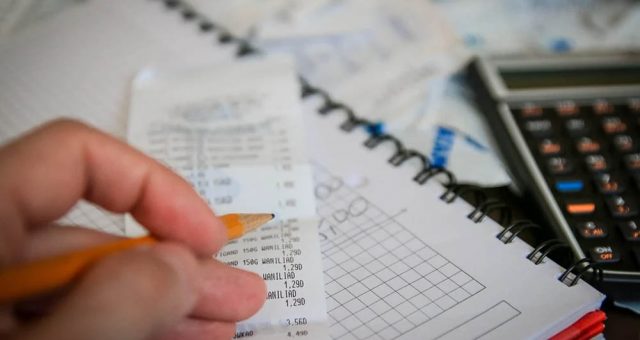
Understanding Mortgage Escrow and It’s Benefits
If you are in the process of making a significant purchase like a home, you must know what the term “escrow” means. It is basically, one word in a long list of ominous-sounding mortgage lingo, which if you dig deeper is not that complicated. You have probably heard it being used in a few different contexts while viewing real estate reality TV shows or during the process of buying a home. It is usually mandatory for most homebuyers.
Let us look at what an escrow is, how it works, and how it can benefit you as a home buyer or homeowner.
Definition
Escrow is a legal arrangement when a neutral third party handles the exchange of important documents and large amounts of money by the terms of a contract.
Types of Escrow
In a mortgage, escrow is used in two different contexts. “Escrow” and “Escrow Account”
- Escrow: It is a process to protect the home buyer’s earnest money so that it goes to the right person when the buyer and seller agree that all conditions are met for a sale to close.
- Escrow Account: An account that is used throughout the life of the mortgage to manage the homebuyer’s annual homeowners’ insurance and tax costs.
Escrow During The Homebuying Process
When you buy a home your purchase agreement will usually include an earnest money check or a good faith deposit (for a down payment and closing costs) which is placed in “escrow”. To protect the buyer and seller the escrow agent who might be an attorney, notary, or a real estate closing company will set up an escrow account. This escrow account holds the good faith deposit and all other important documents until the final details of the transaction are worked out and the house officially changes hands.
The escrow agent ensures that the closing goes smoothly and everyone gets what they are owed (including the escrow agent, who gets 1-2 percent of the cost of the home) at essentially the same time. Once the escrow officer records the deed to transfer the title, the home will be yours.
Escrow Account and lenders
In addition, most mortgage transactions involve a second type of escrow account between you and your lender. It is sometimes referred to as “impound” account or “reserves” These are funds held by many mortgage lenders to pay for your homeowners’ insurance and property taxes. Each month when you make your monthly mortgage payments a portion of it will go towards an escrow account to help cover the estimated annual tax and homeowners’ insurance bills. The rest will go towards paying the principal and interest.
The lender will analyze your escrow account annually so that they have enough on hand to pay the homeowners’ insurance and taxes when they are due.
If the money collected is in excess your lender will give you a refund. However, if the money collected falls short then you may be given the option to either spread the difference out over the coming year or make a one-time payment.
Is it Necessary To Have An Escrow Account?
If you need to have an escrow account or not will depend on your lender and the type of mortgage you opt for. Escrow accounts are sometimes a requirement for Government-backed loans like USDA and FHA loans. For conventional loans, you need an escrow account if you do not have a down payment of 20%. For VA loans again you will require a down payment of at least 10% and also have a strong credit profile if you want to opt-out of having an escrow account.
What an Escrow Account Does Not Cover
Your escrow account will not cover all the expenses that are related to homeownership. It will only cover your regular homeowners’ insurance, property taxes, and flood insurance if required in your area. However, it will not cover water/sewer bills, one-off assessments by your local government, HOA fees, or supplement tax bills.
The Benefits
For Home-Buyers and Sellers
The biggest benefit of an escrow for a buyer as well as a seller is that they will be protected during the real estate transaction. Neither the seller nor the borrower can touch the good faith money during a home sale as it is in escrow. This means that the seller cannot hold your payment as leverage and you can inspect the property to ensure it is what you are expecting. For the seller, this means that he does not have to worry about signing over his home before it is being paid for.
For Homeowners
Even if you do not have an escrow it is a good idea to have one. The advantages are:
- Your amount will be spread over a period of 12 months which will make it easier on your bank account and as your lender is making the payments you will not have to worry about remembering when they are due.
- You will not have to keep track of all the different due dates of your tax bills and insurance premiums as your lender will make sure they are paid in time, every time. This will help you avoid penalties such as late fees or even a lien against your home.
We understand that purchasing a home can be an intimidating experience, but our experts at ratebeat will ensure that your home buying experience is enjoyable and stress-free.
Call us today at (877) 877 7575 for any queries or clarifications.


